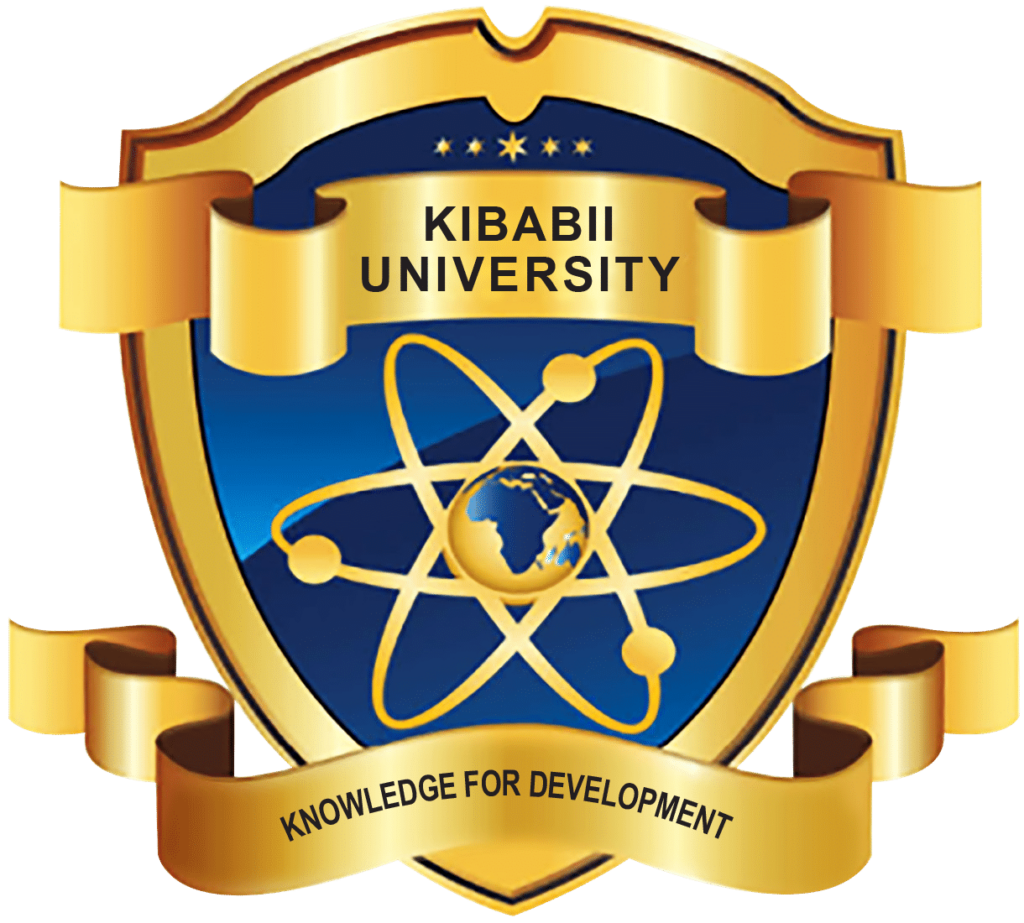On Thursday 31st July, 2025, School of Business and Economics’ Professor Munir Muganda presented the conclusion of the Strengthening Research Integrity and Ethical Conduct towards Research Excellence for Early Career Researchers (RIEC) project, which ran between July 2024 and July 2025. The co-partnered project which included Prof. Mohd Nayyar (Aligarh Muslim University, India), and Dr. Umulkher Abdillahi (MMUST, Kenya) was funded by the Association of Commonwealth Universities (ACU). It aimed to address the lack of structured training in research integrity for early career researchers (ECRs), a growing issue contributing to unethical research practices.
According to Prof. Munir’s presentation, research misconduct, such as plagiarism and data fabrication, is estimated to affect up to 2% of researchers worldwide, with questionable practices reaching 34% (Fanelli, 2023). In sub-Saharan Africa, only 30% of institutions have formal policies or training on research ethics (UNECA, 2022). Early career researchers in Kenya face particular challenges, as they make up over 43% of the academic staff but often lack access to proper training in responsible research conduct (ARIN 2024). These gaps have led to issues like poor compliance with ethical review processes and increased susceptibility to predatory publishing.
The RIEC project sought to enhance participants’ understanding of research integrity, offering practical strategies to address ethical dilemmas and misconduct. It also focused on promoting ethical publishing practices, collaboration, and the responsible use of AI in research.
The project led to the development of six comprehensive ethics training toolkits, the training of 52 early career researchers, a virtual workshop, and the drafting of 34 institutional action plans for research integrity. Looking ahead, the project aims to ensure sustainability by integrating its training tools into postgraduate programs and establishing long-term partnerships with key institutions. Recommendations for future action include integrating research integrity training into orientation programs for new researchers, strengthening institutional support for ethics review committees, and creating frameworks for responsible AI use. The project’s overall impact will be seen in its ability to raise awareness and foster a culture of ethical research in higher education institutions. Long-term partnerships with institutions such as KIPI, NACOSTI, and ACU will help sustain the project’s impact, while its success provides a model for expansion to other universities and countries. By doing so, the project can contribute to strengthening research integrity on a global scale.

